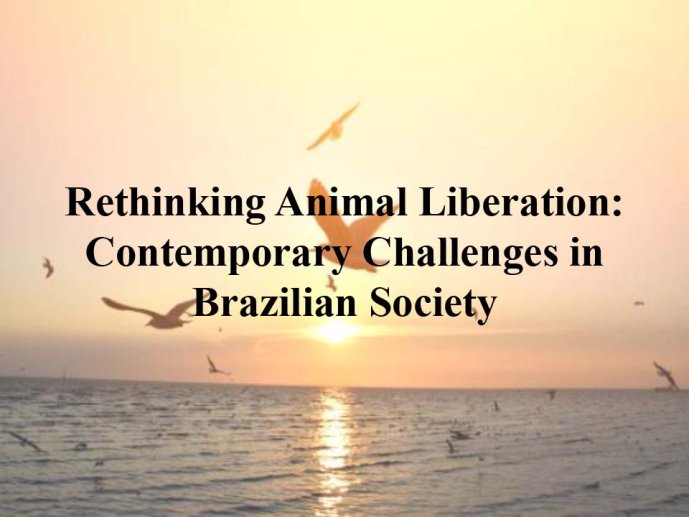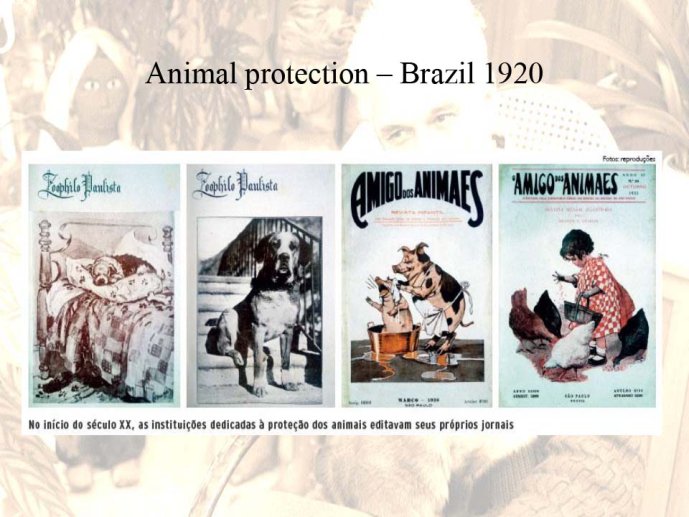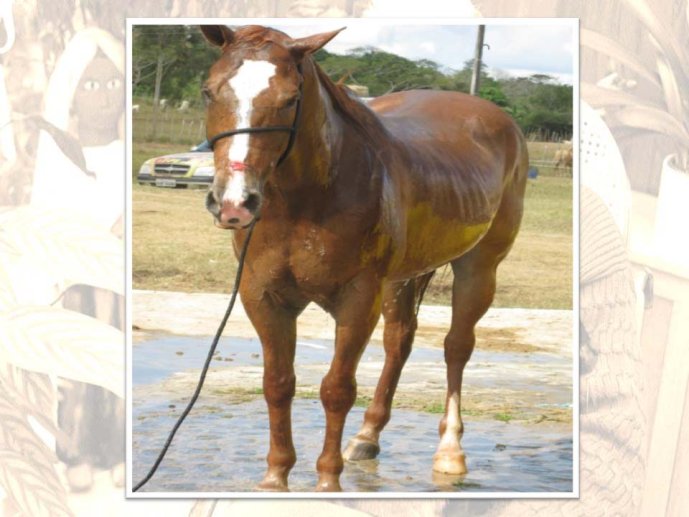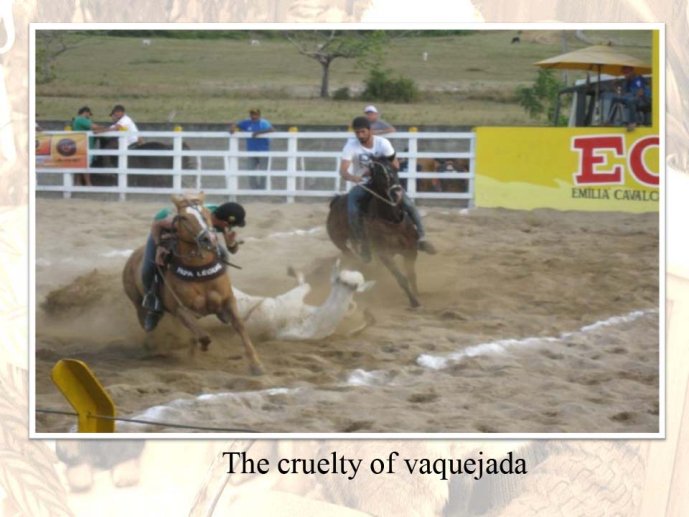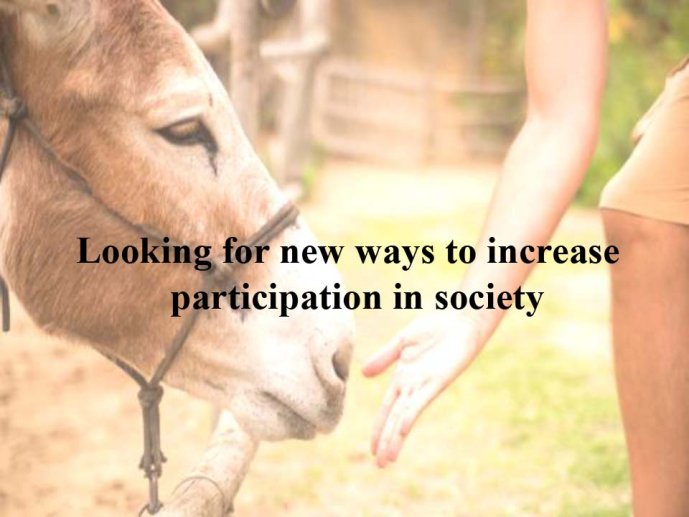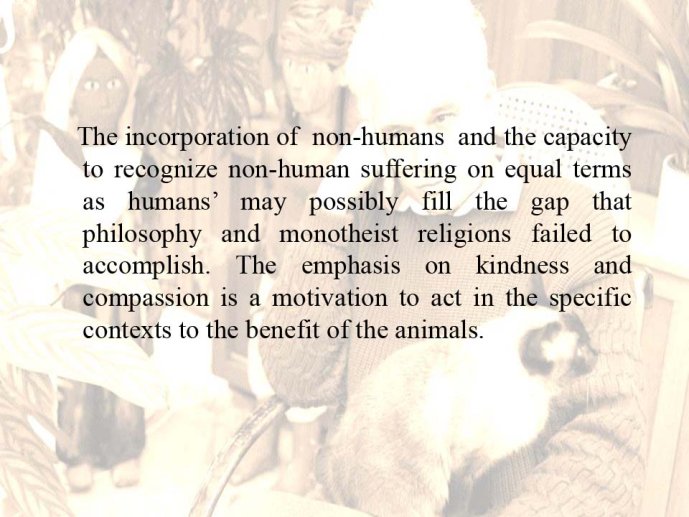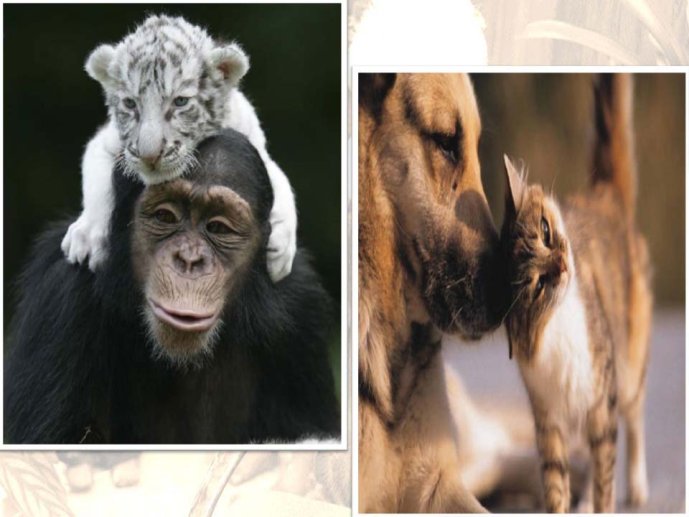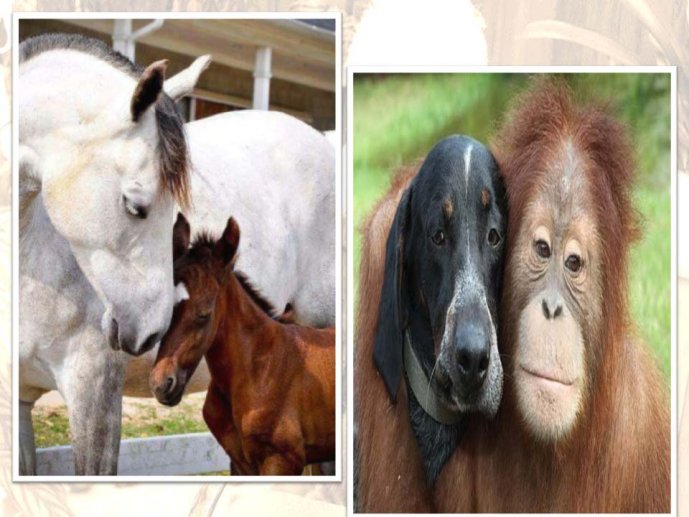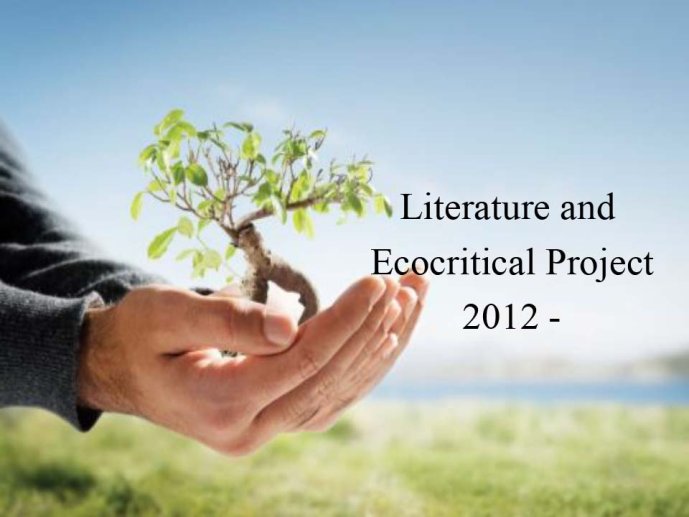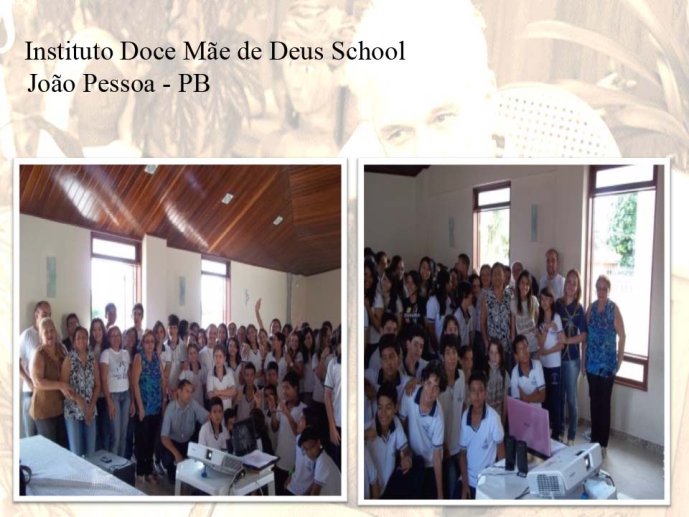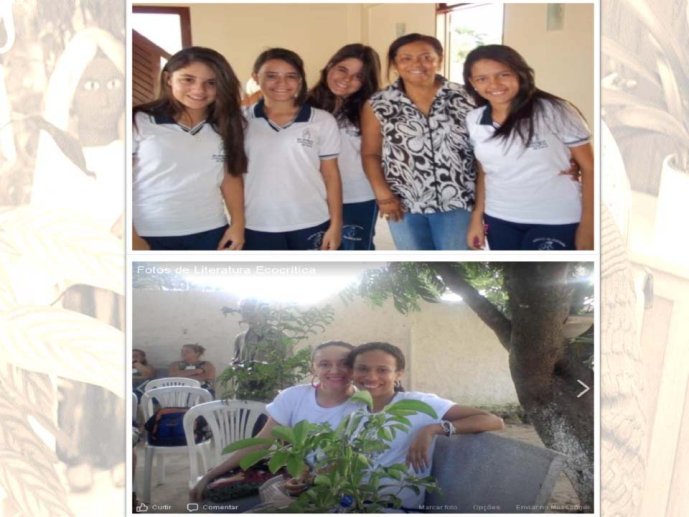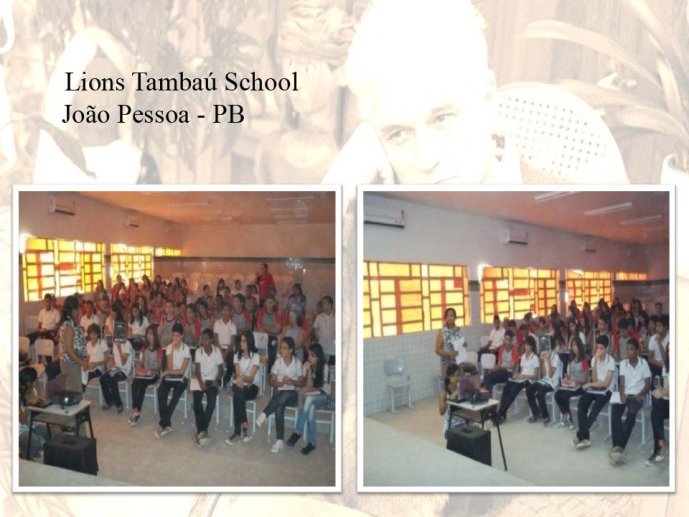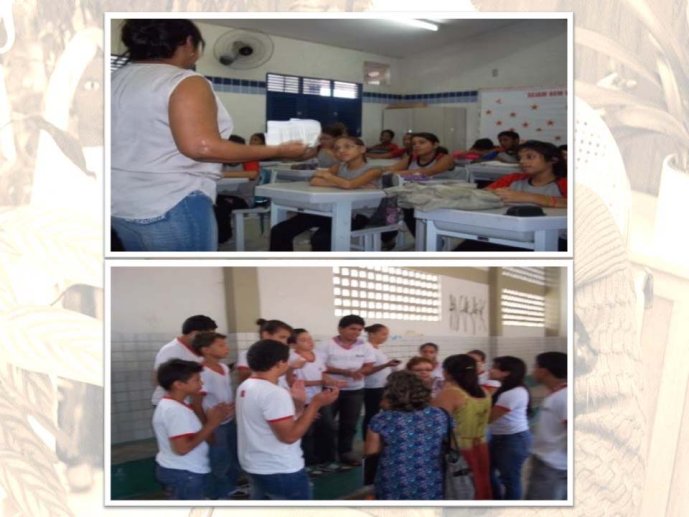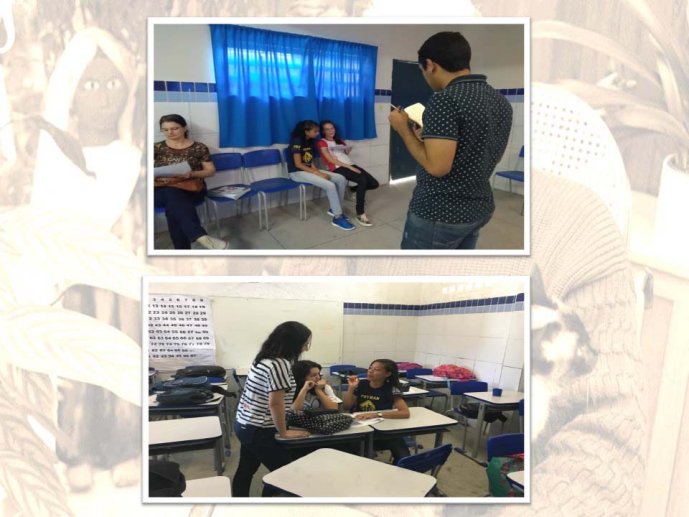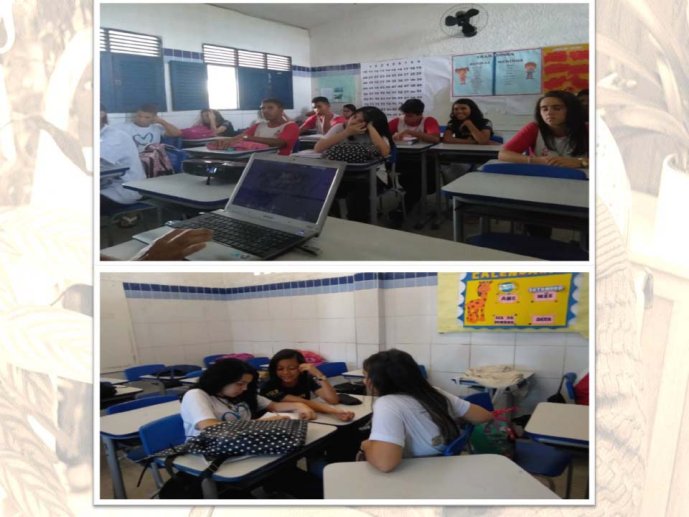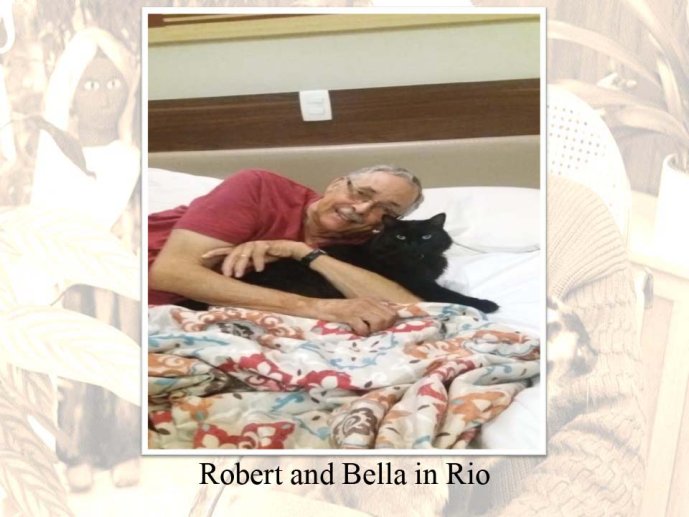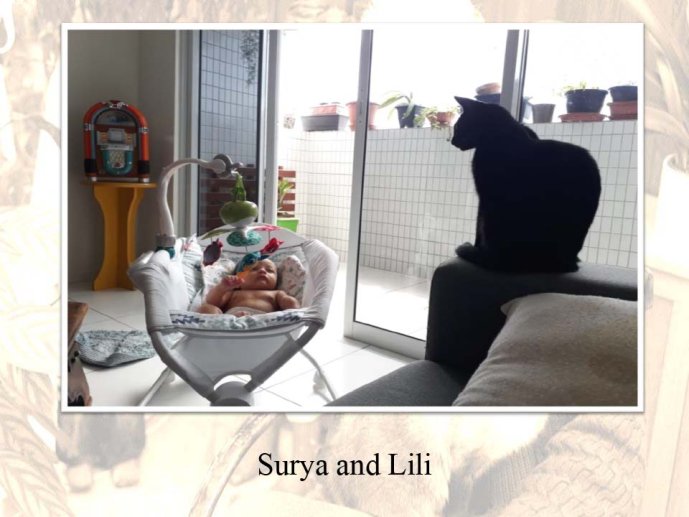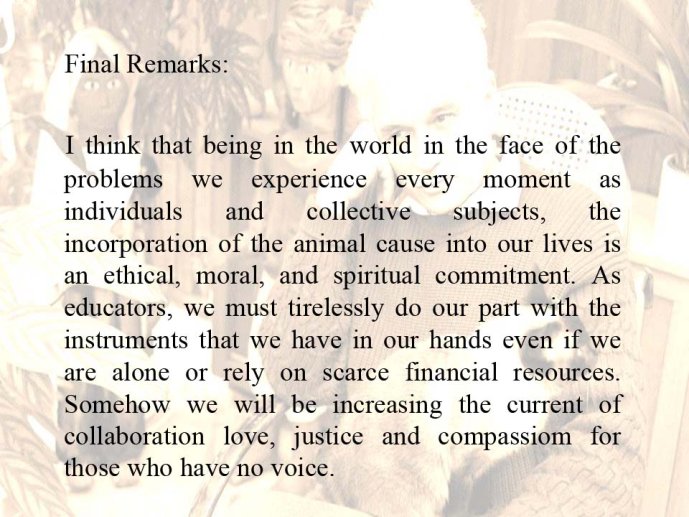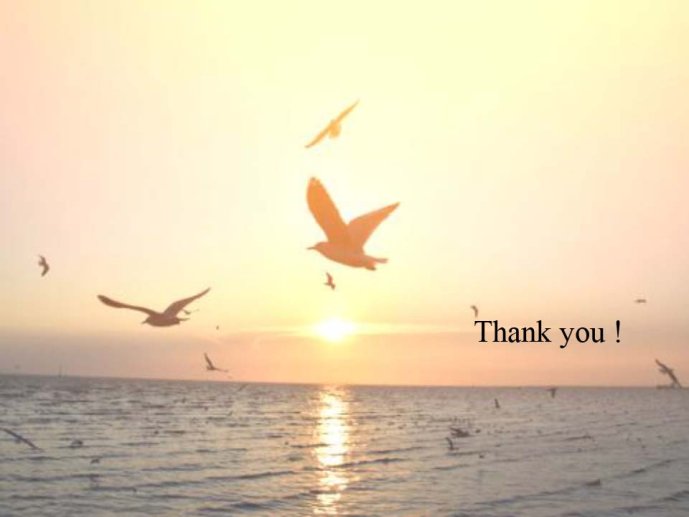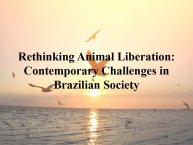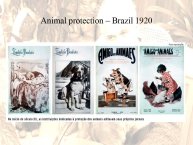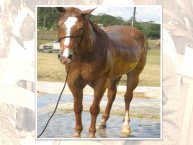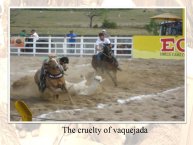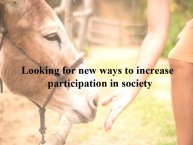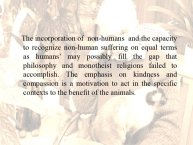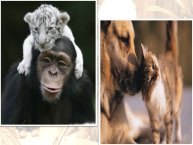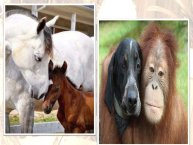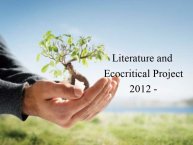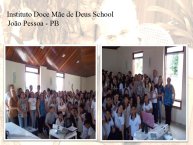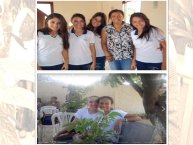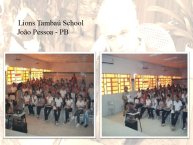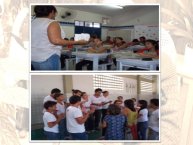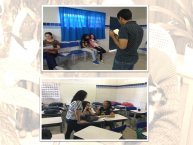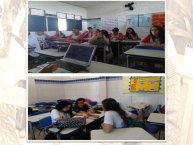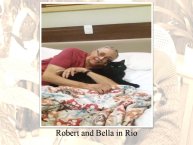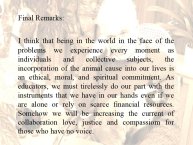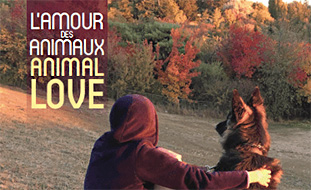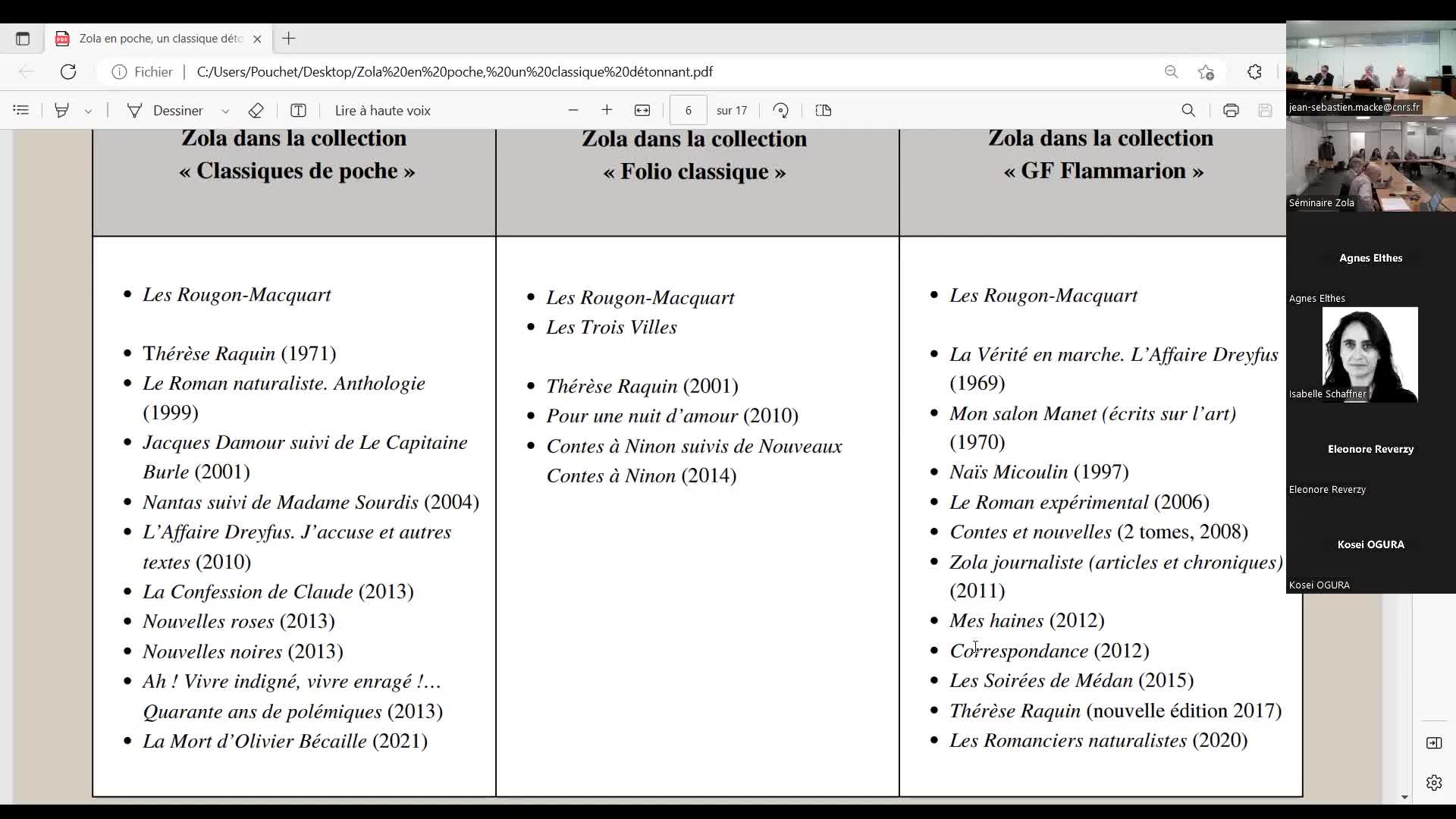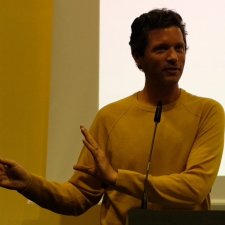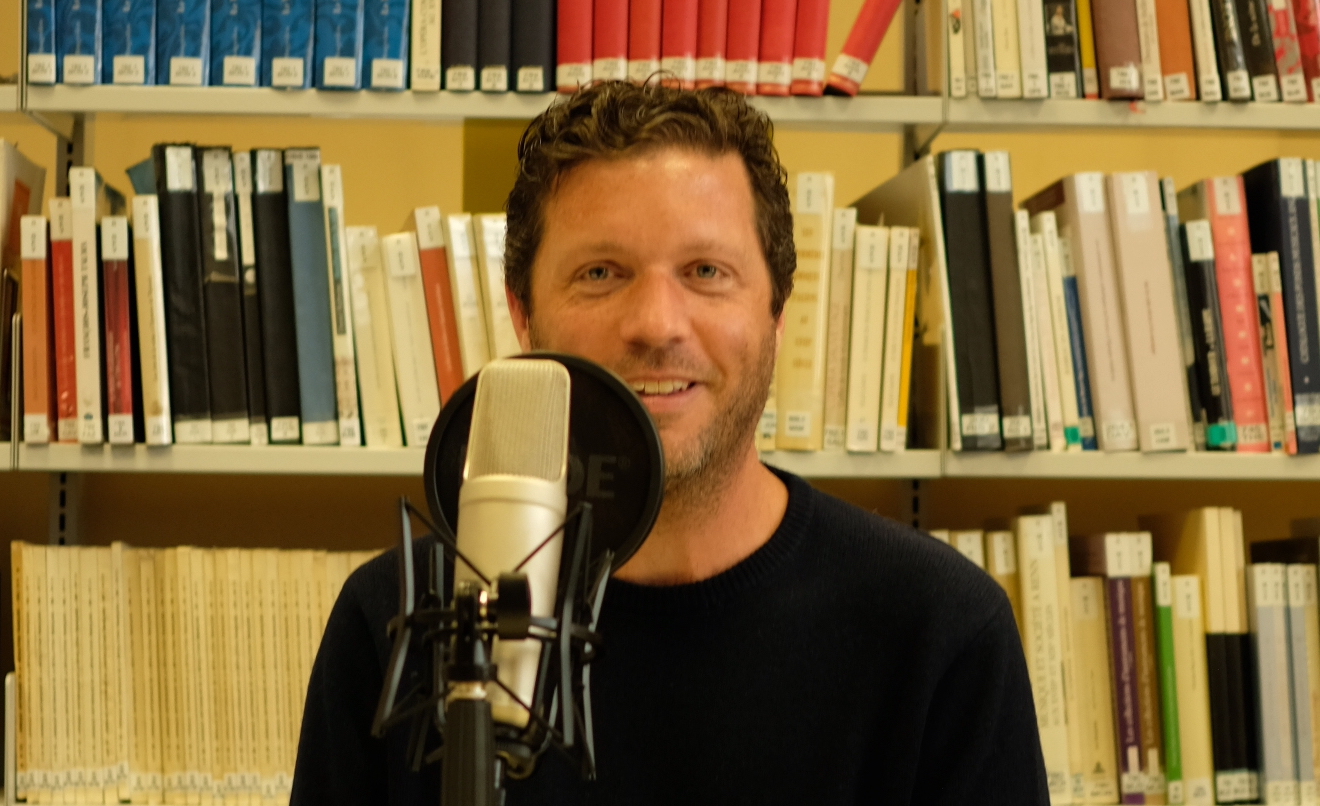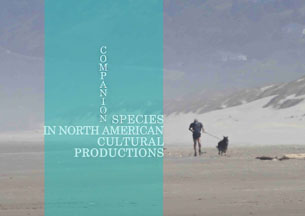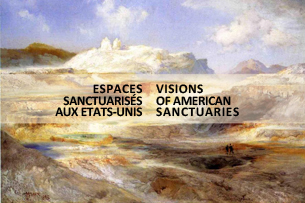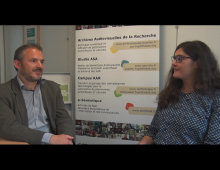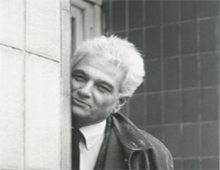Notice
Animal Cause. Contemporary Chalenges in Brazilian Society / Zelia Monteiro Bora
- document 1 document 2 document 3
- niveau 1 niveau 2 niveau 3
Descriptif
Animal Cause. Contemporary Chalenges in Brazilian Society / Zelia Monteiro Bora, conférence plénière in colloque international "L'Amour des animaux / Animal Love", organisé par le Laboratoire Cultures Anglo-Saxonnes (CAS), la Société d’Étude de la Littérature de Voyage du monde Anglophone (SELVA), l'Académie des Sciences, Inscriptions et Belles Lettres (ASIBL) de Toulouse, sous la responsabilité scientifique de Françoise Besson (CAS, SELVA, ASIBL), Marcel Delpoux (ASIBL, SELVA), Nathalie Dessens (CAS) et Scott Slovic (SELVA, University of Idaho, USA). Toulouse, Hôtel d'Assézat, Hôtel du May, Université Toulouse Jean Jaurès, 20-23 mars 2019.
The situation of animals rights in the world today is similar to what happened centuries ago with the idea of abolition of slavery. Ironically modern society could not conceive the idea of getting rid of black servitude. At that time, it created theories related to black inferiority and inhumanity. Today, human society cannot conceive of abolishing the idea of animal exploitation and suffering. Ideologies such as speciesism justifies nature’s destruction and animal exploitation. Fauna and Flora are considered inferior to humans and for its utilitarian specificities in the system view of life. What can we do to contribute to the advancement of the cause of animal rights in the world? The present discussion analyses specific cases of animal rights in Brazil and its social application. The first part of our discussion will briefly demonstrate the contradictions between legislation, activism and education. The second part will discuss the role of alternative media in the process and finally highlight some suggestions for prospective advancements to the cause.
___
Le but de ce colloque est d’envisager l’amour des animaux, l’amour animal, l’amour pour les animaux dans sa multiplicité et sous un angle à la fois philosophique, scientifique, littéraire et artistique et en inscrivant ce thème dans la relation plus large de l’homme au monde et dans la vision environnementale et écocritique. Des espèces compagnes à la relation (l’amour ?) des animaux pour des membres de leur propre espèce ou d’espèces différentes, l’expression “l’amour des animaux” est polysémique. On pense à l’amour des chiens et chats pour leur compagnon humain et à la relation réciproque de l’attachement humain pour ces êtres non-humains qui accompagnent leur vie, au chien qui accompagne son ami humain jusqu’à la tombe et va y rester des jours et parfois se laissera mourir. Que dire de ce chat américain qui dans un hôpital, va dans les chambres de malades dont il perçoit avant les médecins qu’ils vont mourir bientôt et les accompagne jusqu’à leur dernier souffle ? Comment définir son rôle gratuit et étrange d’accompagnateur qui va leur permettre le passage en leur offrant une présence amie et rassurante ?
L’amour des animaux, c’est à la fois l’amour de l’être humain pour le monde animal, l’amour -ou tout autre sentiment auquel il conviendra de réfléchir- de l’animal pour l’être humain et l’amour des animaux entre eux ; l’amour pour tout souffle de vie ; l’amour de la chatte pour ses petits, le geste de l’hippopotame tentant de sauver l’antilope de la gueule du crocodile, les soins d’une bande de chats des rues en Argentine sauvant un enfant perdu en lui apportant de la nourriture et en le réchauffant jusqu’à ce qu’il soit retrouvé. Est-ce de l’amour ? Est-ce un instinct de survie ? Une empathie inexplicable ? Comment définir la notion d’amour des animaux ? Ces gestes de tendresse, de compassion ou d’empathie du monde animal peuvent-ils être rattachés à l’amour ou sont-ils des gestes instinctifs de sauvetage de quelque espèce que ce soit visant à prolonger la présence animale sur la terre ?
The aim of this conference is to consider animal love in its multipicity, from a philosophical, scientific and literary angle at the same time, by inscribing the theme in the wider relationship of man with the world and in the environmental and ecocritical vision as well. From companion species to the love of animals for members of their own species or of other species, the phrase “animal love” is polysemous. We first think about the love dogs and cats have for their human companions and about the reciprocal relationship of attachment of human beings for those nonhuman companions accompanying parts of their lives; we can think about the dog following his human companion’s coffin and accompanying him/her to the grave, staying there days and nights and sometimes dying there. What can we say of the American cat who, in a hospital, goes into dying people’s rooms, knowing before doctors that those people are going to die and accompanying them until their last breath? How can we define her gratuitous, strange role as a companion, allowing them to pass away while offering them a friendly, reassuring presence?
Animal love is both the human being’s love for an animal or several animals and the love—or any feeling we could associate with love—of the animal for the human being and the love of animals for one another. Can we consider the gesture of a hippopotamus for the antelope that he tries to rescue from the crocodile’s teeth, staying with her head in its mouth until her last breath, as love? What about the behaviour of a group of street cats in Argentina, who saved a lost human infant by giving him food and lying on him so that he did not die of cold in the night, until the day when he was found. Is this love? Is it some survival instinct shared with those who are threatened? Is it some unexplainable empathy? How can we define the notion of animal love? Could those gestures of apparent tenderness, compassion or empathy of the animal world be qualified as love—could they be linked with love or are they instinctive rescuing gestures made by whatever species to prolong the animal presence on the Earth?
Intervention / Responsable scientifique
Thème
Documentation
Bibliographie sélective
> Voir la bibliographie (à télécharger en pdf) dans l'onglet "Documents".
Dans la même collection
-
Le chien truffier dans sa relation affective avec l'homme, son maître, son ami / Pierre Sourzat
SourzatPierreLe chien truffier dans sa relation affective avec l'homme, son maître, son ami / Pierre Sourzat, conférence plénière
-
Toward werewolf diplomacy: Cross-species kinship and ecopoetics in "Animal Dreams" and "Prodigal Su…
MeillonBénédicteToward werewolf diplomacy: Cross-species kinship and ecopoetics in "Animal Dreams" and "Prodigal Summer" by Barbara Kingsolver / Bénédicte Meillon
-
"Brown dog of the Yaak" and "Colter" by Rick Bass or a tribute to human-dog companionship / David L…
LatourDavidBrown dog of the Yaak and Colter by Rick Bass or a tribute to human-dog companionship / David Latour
-
L'homme et le chat : une histoire et un avenir communs ? (Des origines à l'Intelligence artificiell…
VercruyceBernardL'homme et le chat : une histoire et un avenir communs ?
-
Animaux réels et fantastiques dans l'art médiéval de la région Occitanie / Guy Ahlsell de Toulza
Ahlsell de ToulzaGuyAnimaux réels et fantastiques dans l'art médiéval de la région Occitanie / Guy Ahlsell de Toulza
-
De la raison à la passion pour les dinosaures et l'énigme des grandes extinctions / Marcel Delpoux
DelpouxMarcelDe la raison à la passion pour les dinosaures et l'énigme des grandes extinctions / Marcel Delpoux, conférence plénière
-
Amour-Haine ou l'ambiguïté de la relation serpentine / Pierre Lile
LilePierre C.Amour-Haine ou l'ambiguïté de la relation serpentine / Pierre Lile
-
Les loups et les ours : une histoire d'amour difficile
López MújicaMontserratpar Montserrat López Mújica
-
Le siècle de "Winnie l'Ourson" / Yves Le Pestipon
Le PestiponYvesLe siècle de Winnie l'Ourson / Yves Le Pestipon, conférence plénière
-
L'amour offert aux animaux que l'on dresse : stratagème ou complicité ? / Olivier Courthiade
CourthiadeOlivierL'amour offert aux animaux que l'on dresse : stratagème ou complicité ? / Olivier Courthiade
-
La figure du Centaure dans la littérature équestre, des représentations de l'amour du cheval / Hono…
TellierHonorineLa figure du Centaure dans la littérature équestre, des représentations de l'amour du cheval / Honorine Tellier
Sur le même thème
-
Un classique détonnant. Émile Zola en poche
MouradFrançois-MarieFrançois-Marie Mourad (Chaire supérieure, lycée Montaigne, Bordeaux) : « Un classique détonnant. Émile Zola en poche »
-
Désir et disparition du modèle hagiographique chez Émile Zola
MyoupoMagalieLumbrosoOlivier- Magali Myoupo (Université de Lorraine) "Désir et disparition du modèle hagiographique chez Émile Zola "
-
Cold Doings: Early Modern Actions for Our Warmer World
DuckertLowell"Cold Doings: Early Modern Actions for Our Warmer World", a conference by Lowell Duckert, specialist of early modern drama and environmental criticism (University of Delaware).
-
Shakespearean performances. All the World's a (Wet) Stage
DuckertLowellActors in "Pericles" (1607-8) and "The Tempest" (1611) do not merely act drenched during their stormy scenes...
-
Companions in Restoration: Buffalo Ranching as Interspecies and Intercommunity Reconciliation, The …
LynchTomCompanions in Restoration: Buffalo Ranching as Interspecies and Intercommunity Reconciliation, The Case of Dan O’Brien’s Wild Idea / Tom Lynch, Keynote in International Symposium "Companion Species in
-
Dogs as Sensory Extensions of Self: A Gift / Scott Slovic
SlovicScottDogs as Sensory Extensions of Self: A Gift / Scott Slovic, Keynote in International Symposium "Companion Species in North American Cultural Productions", organisé, sous la responsabilité scientifique
-
Ecopoetry and/as the 'ecological work' of language / Thomas Pughe
PugheThomasEcopoetry and/as the 'ecological work' of language / Thomas Pughe, in Journée d'études "Espaces sanctuarisés aux États-Unis - Visions of American Sanctuaries", organisée, sous la responsabilité d
-
La réinvention des genres littéraires à l’ère du numérique
DobrevaNeliGefenAlexandreL'entretien porte sur un récit de construction d'une carrière de chercheur à partir de le science littéraire. entre des questionnement internes sur la fin de la fiction, le chercheur et professeur
-
Héritages et survivances de Jacques Derrida. Séances de l'après-midi - 7 novembre 2014. Partie 1
GoldschmitMarcAlfandaryIsabelleNuseloviciAlexisHéritages et survivances de Jacques Derrida, pour dire ce qui arrive à sa pensée et à son oeuvre, tout autant que ce qui en provient, et qui revient et reviendra. Dix ans après la mort du philosophe,
-
Héritages et survivances de Jacques Derrida. Ouverture du colloque et séance du matin - 6 novembre…
WieviorkaMichelGoldschmitMarcCaraçaJoãoGuindaniSaraBeckPhilippeNuseloviciAlexisHéritages et survivances de Jacques Derrida, pour dire ce qui arrive à sa pensée et à son oeuvre, tout autant que ce qui en provient, et qui revient et reviendra. Dix ans après la mort du philosophe,
-
Héritages et survivances de Jacques Derrida. Séances de l'après-midi - 8 novembre 2014. Partie 1
FilerovaMichaelaGarcía DüttmannAlexanderGuindaniSaraVeinsteinLéaHéritages et survivances de Jacques Derrida, pour dire ce qui arrive à sa pensée et à son oeuvre, tout autant que ce qui en provient, et qui revient et reviendra. Dix ans après la mort du philosophe,
-
Héritages et survivances de Jacques Derrida. Séance de l'après-midi - 6 novembre 2014. Partie 3
FontenayÉlisabeth deRigalÉlisabethHéritages et survivances de Jacques Derrida, pour dire ce qui arrive à sa pensée et à son oeuvre, tout autant que ce qui en provient, et qui revient et reviendra. Dix ans après la mort du philosophe,

